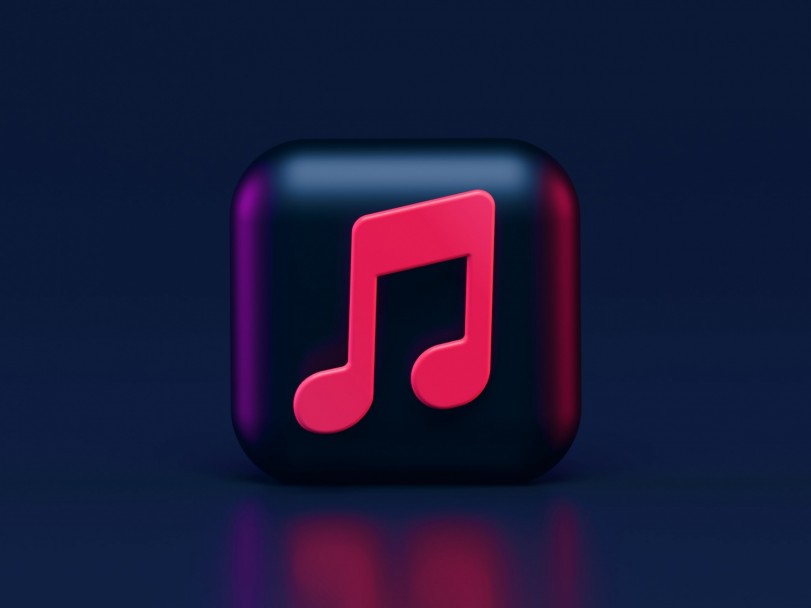In a recent development reported by the Financial Times, independent record labels, including Beggars Group, Secretly Group, and Partisan Records, are pushing back against Apple’s favored payouts for spatial audio. They argue that independent artists, lacking the financial resources to produce music in spatial audio, would receive reduced payouts due to the dynamics of streaming music revenue distribution.
Apple has introduced a system offering artists on Apple Music bonuses of up to 10% for creating music in spatial audio. Payouts are calculated using a factor of 1.1 from a subscription money pool, whereas non-spatial audio tracks are based on the standard factor of 1. This implies that artists producing in spatial audio would receive a larger share of the revenue pool.
According to unnamed music executives, the production cost for creating songs in spatial audio is approximately $1,000 per song or around $10,000 for an entire album. Upgrading older music to spatial audio could incur even higher expenses. The heads of independent labels argue that this system primarily benefits major players like Universal Music Group, which has the financial capacity to invest in spatial audio, potentially leaving independent artists at a disadvantage.
Apple has made substantial investments in spatial audio technology, making it available on its devices and other music streaming platforms like Amazon and Tidal. Notably, Spotify does not currently offer spatial audio.
Beggars Group represents labels for independent artists such as Adele and Vampire Weekend, Secretly Group includes artists like Bon Iver, Muna, and Phoebe Bridgers, while Partisan Records collaborates with artists like PJ Harvey. The dispute sheds light on the challenges faced by independent artists in adopting emerging technologies and the potential impact on their earnings.















































